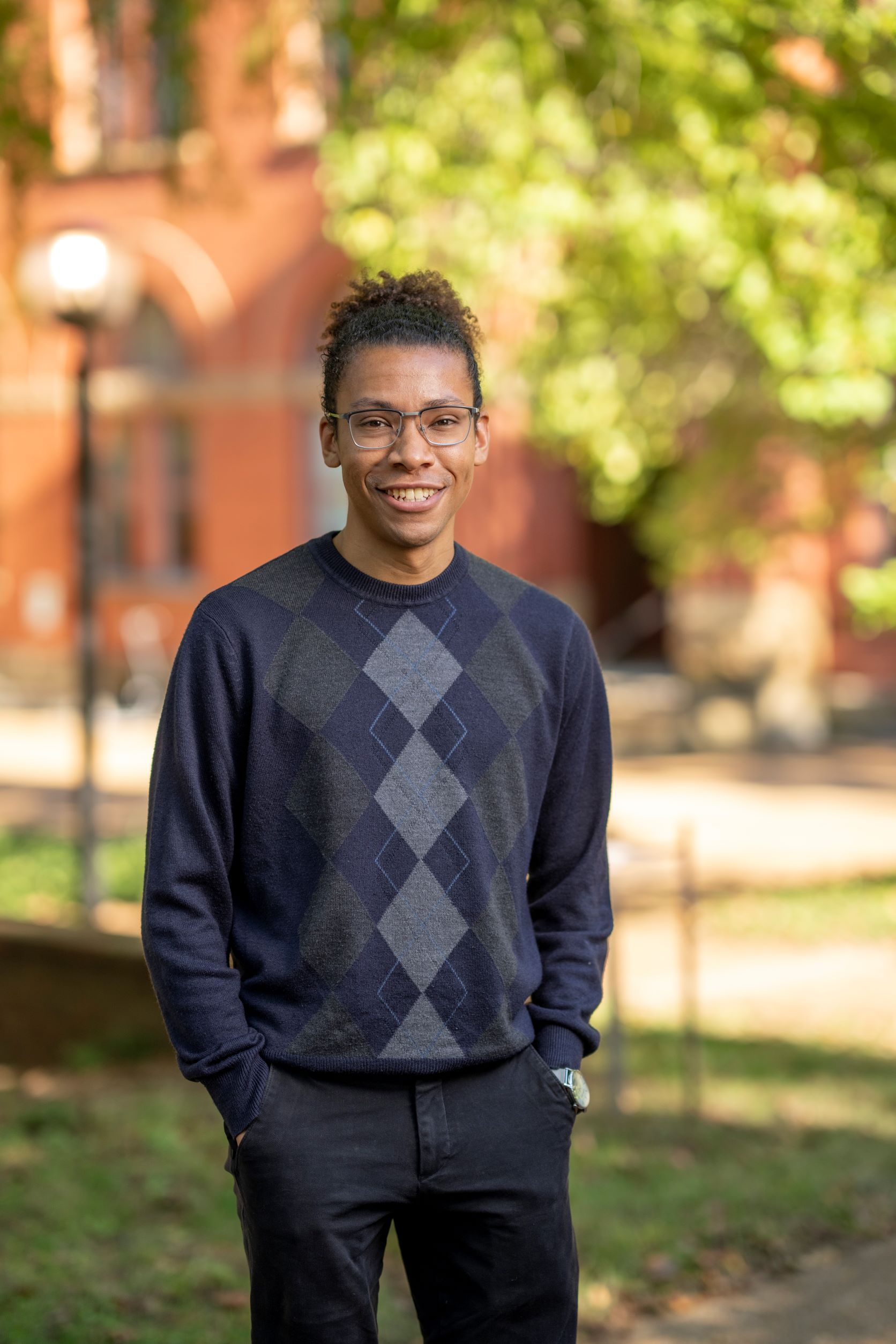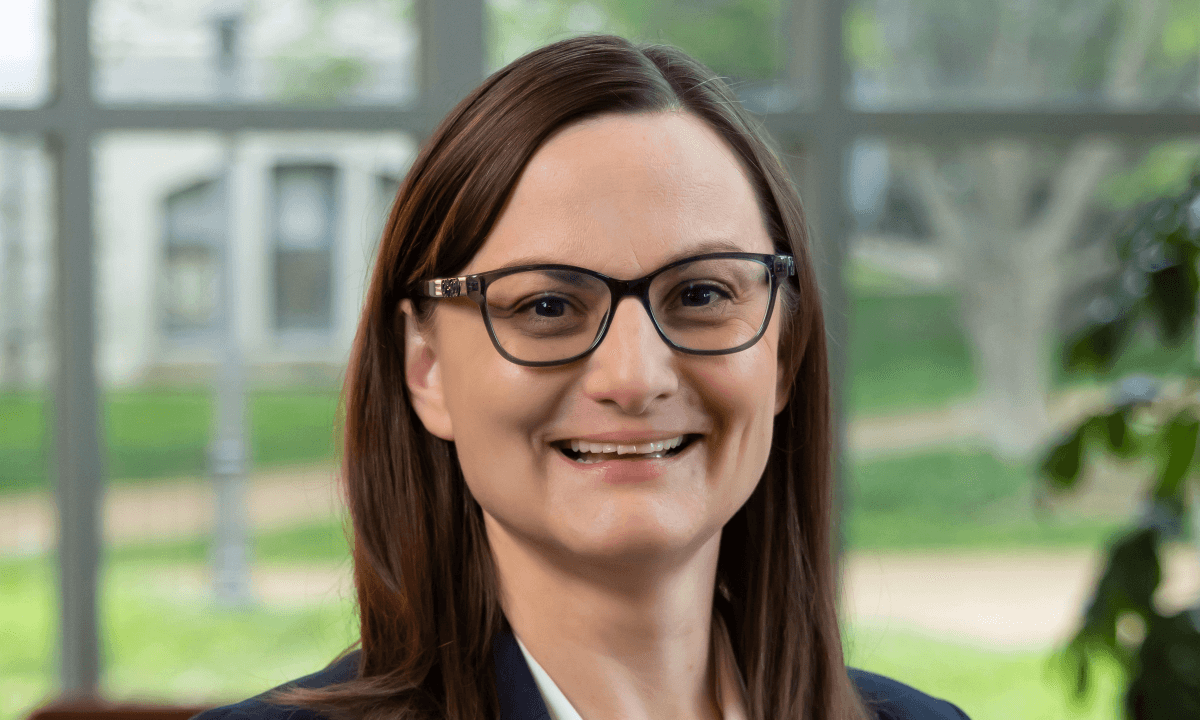Miles Malbrough came to law school knowing he wanted to practice in the public interest. A native of Sumner County, Tennessee, Miles had earned his undergraduate degree in social studies at Harvard University and considered pursuing a Ph.D.
“I was interested in intergenerational social mobility, and I took a lot of sociology classes that examined social issues in urban areas. Most of our case studies were from Chicago and New York. I knew that a lot of the same issues existed in the rural south, and I saw that was under-studied and under-appreciated in the academy,” he said.
But after three years of work with the Peace Corps in the Dominican Republic, he instead found himself applying to law schools. “I realized I wanted to be a public interest lawyer—and to help facilitate social mobility in the South,” he said.

Vanderbilt became his first choice because of its strong Public Interest program, its location in the Southeast, where he wanted to practice, and its academic rigor. Miles graduates in May feeling well-prepared for public advocacy. “Vanderbilt has exceeded my expectations,” he said. “I knew law school here would be rigorous, but I did not imagine I’d have the flexibility to explore in-depth social justice legal issues to the extent I have through my coursework and extracurriculars.”
Starting in his 1L year, Miles focused on gaining public interest experience. He volunteered with the Vanderbilt and Woodbine Immigration Clinics and led the 2020 Pro Bono Spring Break trip to Jackson, Mississippi. He spent summers working as an appellate litigation intern at the Equal Opportunity Employment Commission in Washington, D.C. and as a judicial intern for Judge Liam O’Grady of the Eastern District or Virginia. “Dean [Spring] Miller and the Office of Public interest have been my go-to resources for internship opportunities and job applications,” he said. “Those experiences helped me identify what type of work I wanted to do.”
Miles participated in the Vanderbilt Legal Academy Scholars Program, through which students interested in teaching law attend presentations of scholarly papers by legal scholars throughout the academic year. Students in the program receive a small stipend and have opportunities to work as research assistants. He also worked for Professor Jessica Clarke, a constitutional law expert whose work focuses on equality and non-discrimination law.
On-campus inclusion initiatives were also an important part of his VLS experience. “My work for Black Law Students Association and on the Equity, Diversity and Inclusion Council allowed me to build friendships with classmates from varied perspectives,” Miles said. “Professor Clarke’s Antidiscrimination Seminar stands out because it was a rare opportunity to engage in critical analysis of scholarship and judicial opinions while also discussing our personal perspectives on controversial legal issues.”
As a 3L, Miles mentored an incoming 1L as one of 10 student volunteers who helped launch the Law School’s new 1Levate program, which supports first-generation students with strong leadership potential. “My own experience as a first-generation college student motivated my interest in the topic of social mobility in Black communities over the years,” he said.
From his undergraduate studies, he learned that African American homeowners disproportionately lack legal wills and are thus vulnerable to losing the ability to preserve generational wealth by passing a house along to a single heir. “If a homeowner dies without a will, the house becomes ‘heirs property.’ This means it’s owned collectively by all legal heirs, and any one of them has a right to force a sale to collect their share of the inheritance, even if another heir is living in the house,” Miles said. He discovered that heirs property owners are particularly vulnerable to forced sales in cities like Nashville, where rising property values have resulted in rapid gentrification.
At VLS, Miles sought to learn more about how to prevent houses, the major asset in many estates, from becoming heirs property. He wrote his 3L research seminar paper on the topic and gained practice experience in estate planning through the University of Memphis Law School’s 2022 Pro Bono Spring Break. “I was in their wills and estates track, and we worked with several senior centers under the supervision of a local attorney, David Cook,” he said.
After graduation, Miles will work as an Equal Justice Works Fellow at the Legal Aid Society of Middle Tennessee and the Cumberlands. “My project aims to narrow the Black-white wealth gap in Middle Tennessee through community education and estate planning, and by representing heirs in partition actions,” he said.
As an EJW Fellow, he hopes to prevent forced sales and promote access to estate planning services in Middle Tennessee’s Black communities. His project is funded by the Albert & Anne Mansfield Foundation.
